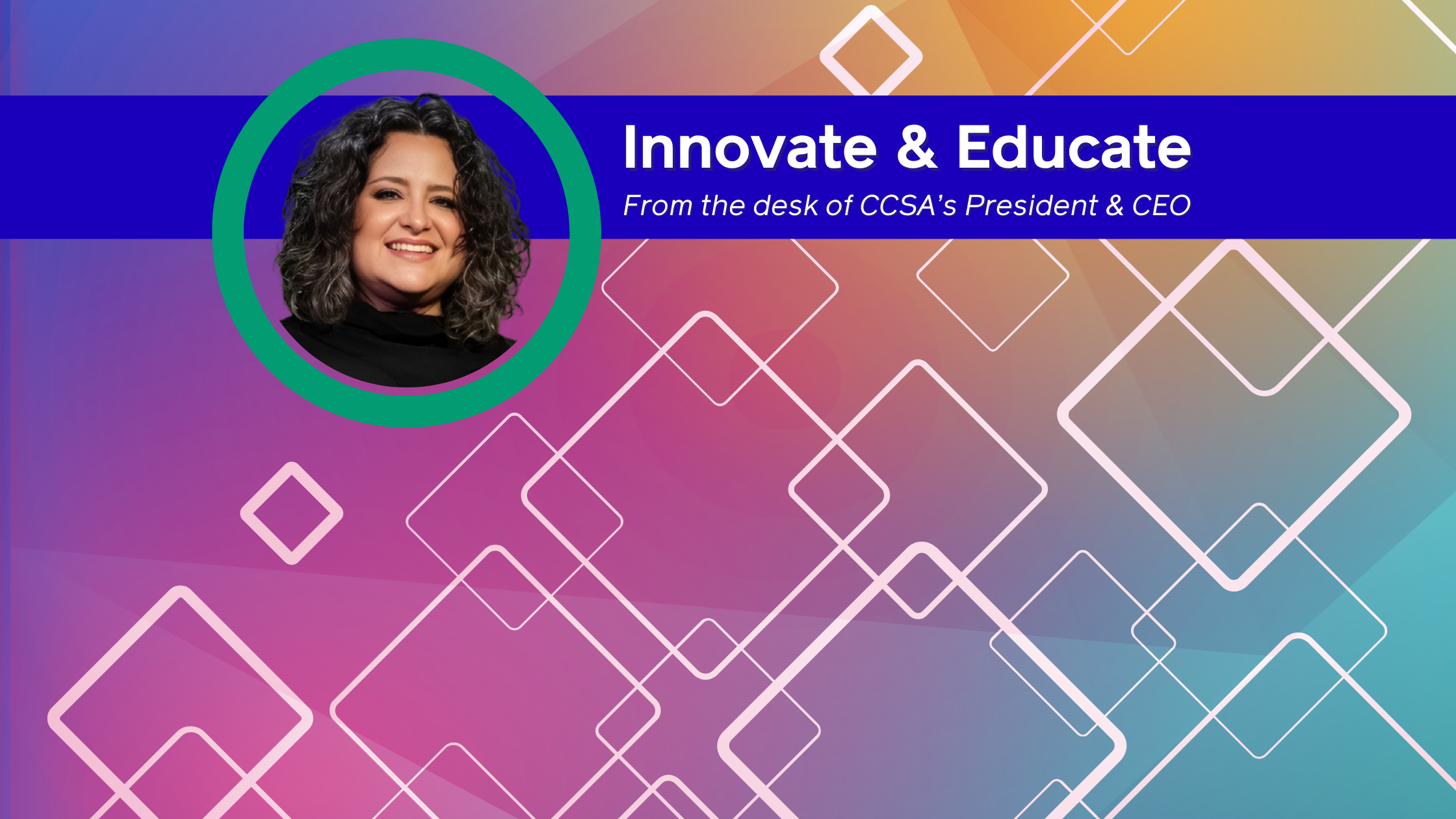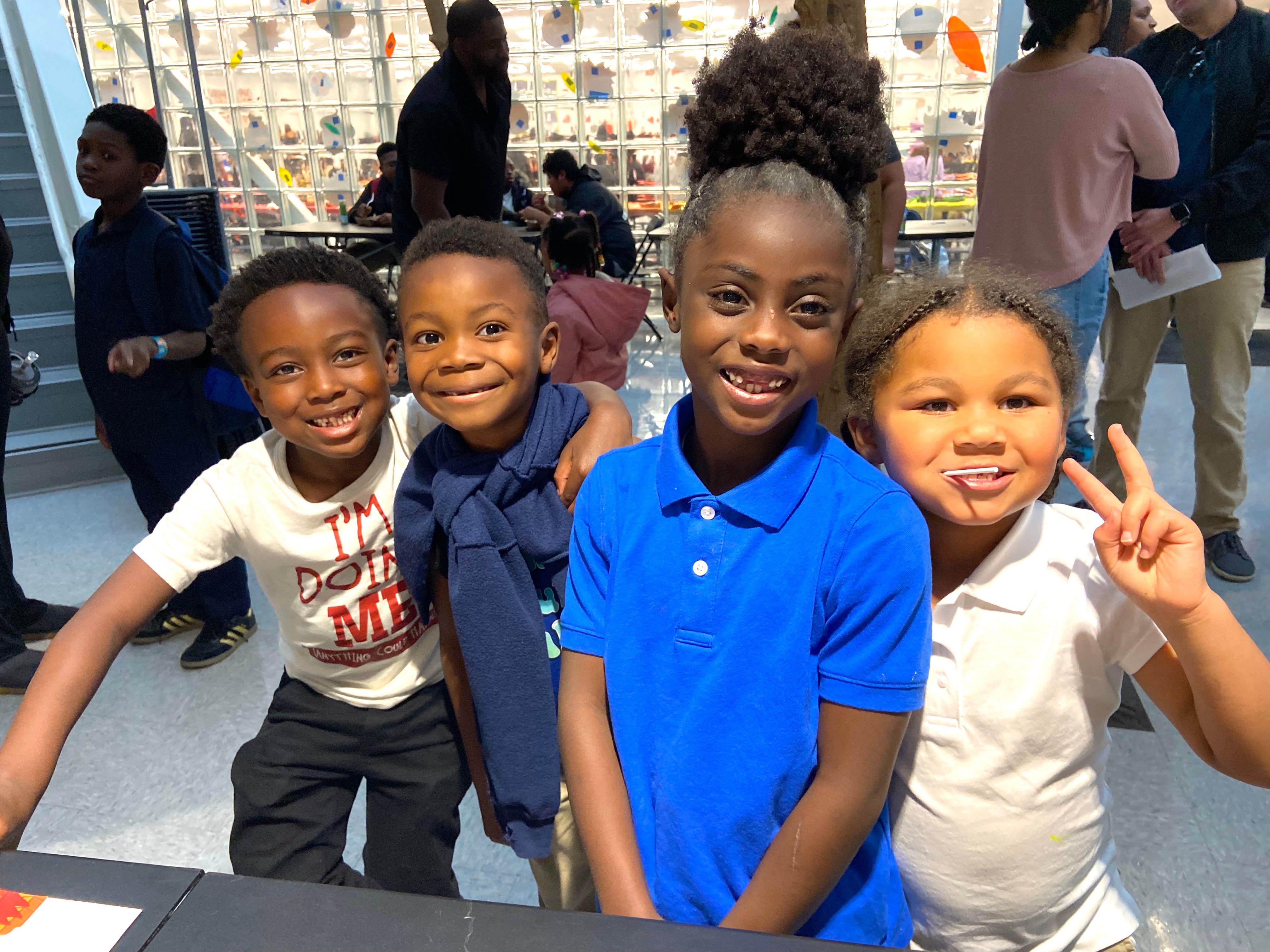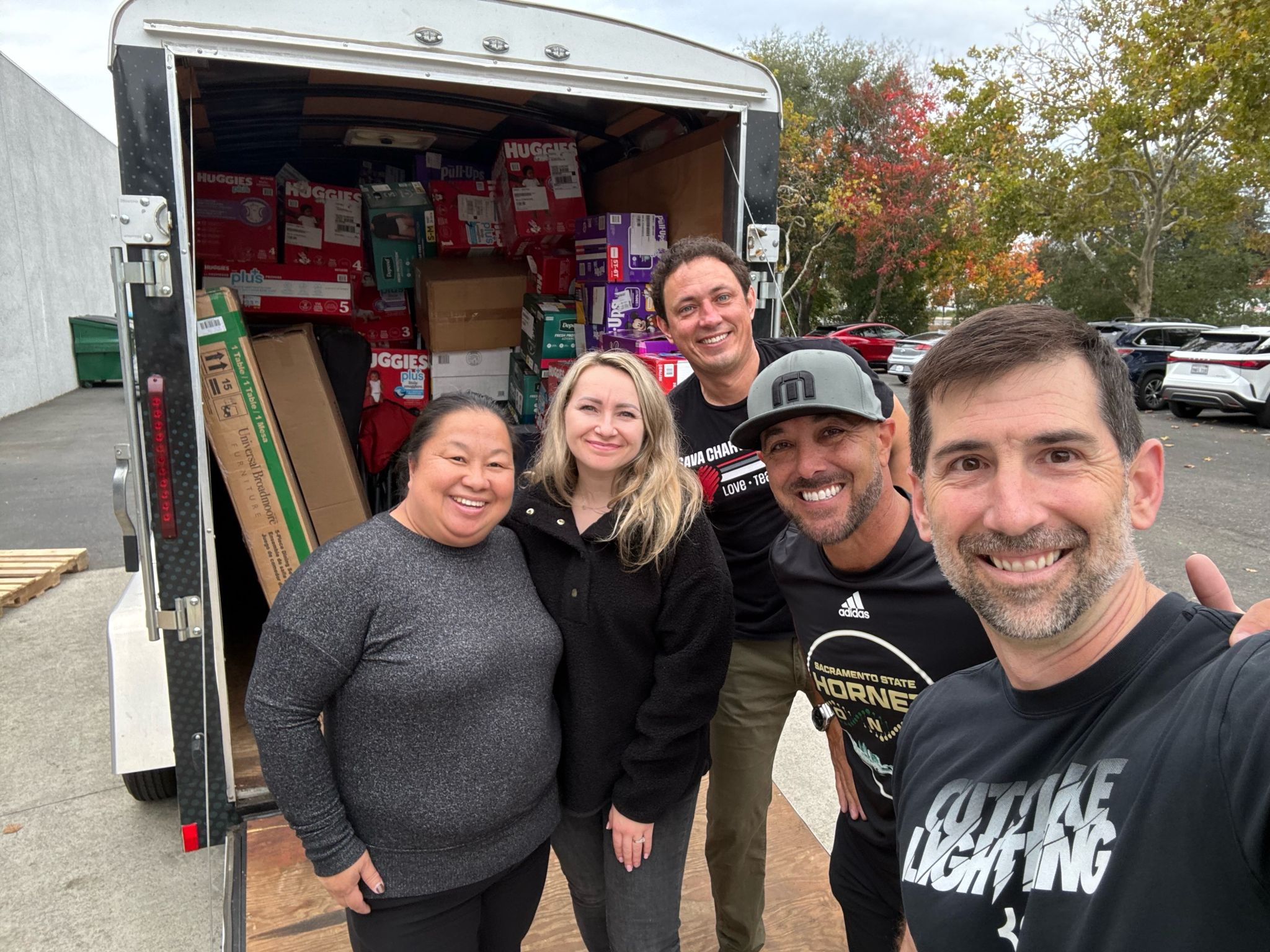The pandemic continues to reveal that chronic stress negatively impacts students’ academic progress as well as their social and emotional well-being.
How can we transform the state’s public education system so that kids get the wraparound services they so desperately need?
That’s one of the topics on the CharterNation Podcast this week which features a Change Makers interview between Myrna Castrejón, CCSA’s President and CEO, and Maria Echaveste, the President and CEO of The Opportunity Institute based in Berkeley.
The institute is a nonprofit organization that helps address poverty and racial inequality by building cradle-to-career opportunities that break down barriers and deliver excellence in education, health, and society.
One of the institute’s current projects focuses on whole child equity, the notion that a child’s adverse experiences can be mitigated — or even undone — if he or she is provided with the appropriate interventions and supports.
“Trauma, adversity, and poverty impact a child’s ability to learn … the pandemic has exacerbated those traumas,” said Ms. Echaveste in the Change Makers interview. “Whole child equity tells us those traumas impact the brain, however, the brain is also incredibly malleable. With the right supports, children can learn."
The key is to match supports and resources to each child in a developmentally appropriate way that is contextualized to their needs. It is also critical that students have multiple opportunities to succeed as well as pathways for new talents to develop and flourish.
Ms. Echaveste says charter public schools are uniquely positioned to adopt a whole child equity approach because of their flexibility, autonomy, and ability to reimagine education.
She also explained why she believes the state’s recent $2.8 billion investment in community schools has the potential to be a game-changer when it comes to whole child equity: Community schools provide health care, family services, and after-school programs through local partnerships.
“We cannot expect schools to respond to every need of the student, but [schools] can be a hub for accessing services,” she said. “If we got all of our systems to work together, we can address the needs of children and families so that the potential of every child could, in fact, be put on the road to success."
Ms. Echaveste is a prominent thought leader in K-12 public education, signified by her time as deputy White House chief of staff under President Bill Clinton during the 1990s. She served in this critical role during the inception and passage of federal charter school legislation.
Here are some of her takeaways during that time:
How Clinton’s time as Governor of Arkansas shaped his position on charter schools
“He had spent a lot of time looking at the K-12 and early childhood education systems in Arkansas. So when he came to Washington D.C., he had deep knowledge and experiences about what the challenges are, the need for flexibility, and the need to provide opportunities for innovation.”
The beginning of the charter school movement in the 1990s
“The charter school effort was about creating laboratories for innovation that could help inform the public school system and really spur the kind of improvements and changes that so many communities are and were demanding.”
President Clinton’s alternative to school vouchers
“Clinton was a centrist Democrat who saw the charter school as an opportunity to help communities, especially communities where parents felt as though their children were not getting the education they deserved, to have an alternative to the school voucher movement.”
Ms. Echaveste's interview on Change Makers is part of ongoing tribute to influential Latinx leaders in California in honor of Latino Heritage Month.
To listen to the entire Change Makers interview with Ms. Echaveste on CCSA’s CharterNation Podcast, click here.


